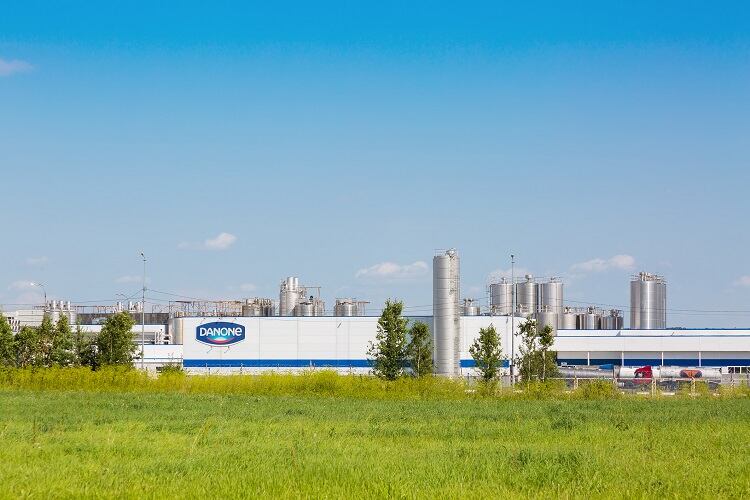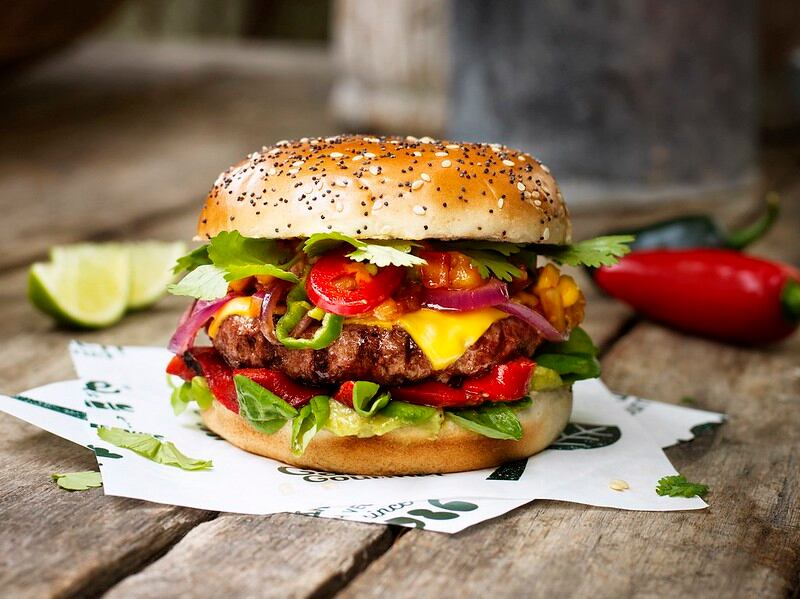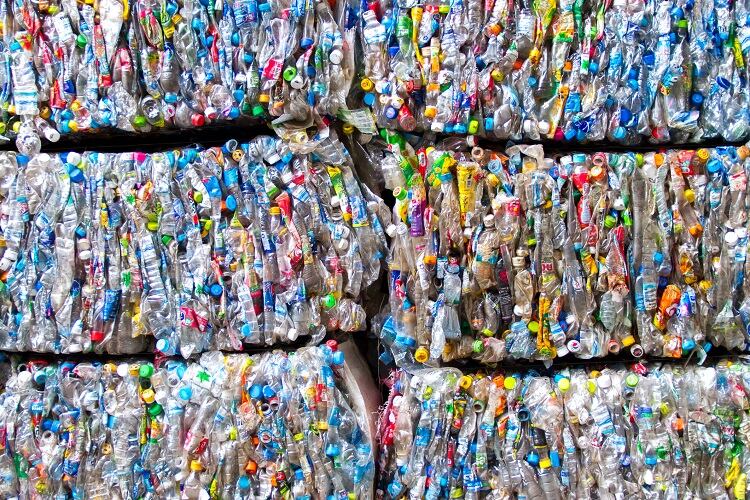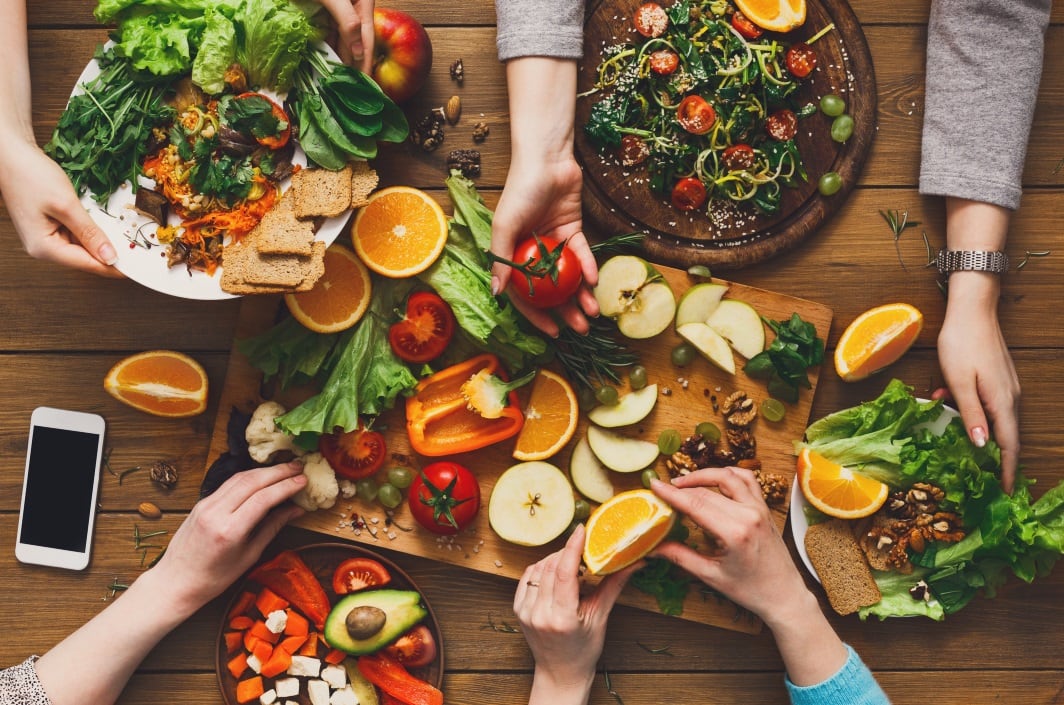In results that were broadly expected, the owner of Evian and Badoit water brands posted a 2.5% fall in like-for-like third-quarter sales, as a drop in out-of-home consumption hit sales of its bottled waters division (which fell 13.5% versus the 28% decline in Q2).
Specialised nutrition sales fell 5.7% as travel restrictions in Asia hit sales in China. In Europe, there was a mid-single-digit decline in specialised nutrition sales due to lower hospitalisations (which drive medical nutrition sales) and softer category growth versus pre-COVID levels in infant formula.
Danone’s overall sales drop in the third quarter was less acute in Europe (-1.1%) compared to globally (-4.1%).
On the plus side, Danone’s ‘essential dairy and plant-based (EDP)’ division recorded its second-best quarter since it was formed in 2017. This division saw a strong acceleration in net sales growth at 3.7% in the period on a like-for-like basis as Actimel, Danette, and Alpro all made market share gains in Europe.
‘A new world: Deliver. Reshape. Review. Adapt’
Danone will now conduct a full strategic review of its portfolio of brands, SKUs and assets. This will start with the Vega – the US plant-based protein powders brand acquired as part of Danone’s US$10.4 billion takeover of WhiteWave in 2017, and its assets in Argentina. These two businesses account for about 2% -- or €500m -- of group sales. Other assets will be reviewed at a later stage.
It also announced an overhaul in its management. Chief financial officer Cécile Cabanis, who has been at the company for 16 years, will step down by February.
“Our Q3 results reflect how much the COVID-world and its cohort of sanitary measures, border closures, uncertainty in consumer sentiment and some structural changes affect our business,” said Danone Chairman and CEO Emmanuel Faber.
Speaking to analysts, he added: “This is a new world and therefore, in many ways, this company will need to reinvent itself again.”
Danone’s plan, called ‘A new world: Deliver. Reshape. Review. Adapt’, which aims to deliver mid-term sales growth of 3-5%, would also entail “very significant cost savings”, he said.
‘Steps in the right direction’
Analysts welcomed the turnaround announcements as a step in the right direction. A note from Barclays equity research team said targeting Vega and Argentina ‘was a good start’, but it added: “We would like to see Danone go further and faster. The other thrust of the adaptation plan is to double down on its biggest brands, which could mean up to 30% of its SKUs eliminated.”
The Barclay’s analysts also welcomed Danone’s management shake-up. “For some investors, the G in ESG is the issue, with some taking the view that the company is too focused on E [environmental] and S [social] but neglects the G [governance],” they said.
Mainfirst analyst Alain-Sebastian Oberhuber agreed. Danone’s main challenges, he wrote in a note to investors, “are in execution and less in portfolio weakness”. He added that he expected Danone’s turnaround plan to target its water division. “Danone will soon give more information as to which assets are underperforming and could be divested. We assume that the largest potential for further divestments is in its waters segment. We have outlined in the report which brands could be divested, with around 40% of its water sales performing poorly.”
The team of equity analysts at Jefferies wrote: “Clearly, the company is on a wait-and-watch mode, i.e. to see if the recovery in market share and distribution holds in a post-COVID-19 environment. If it does not, there is a good chance that Danone exits Mizone, in our view. This should have been done years ago, in our view, as it was obvious that there wasn’t a clear plan to turn the brand around, and more value would have created in another company’s hands.”





